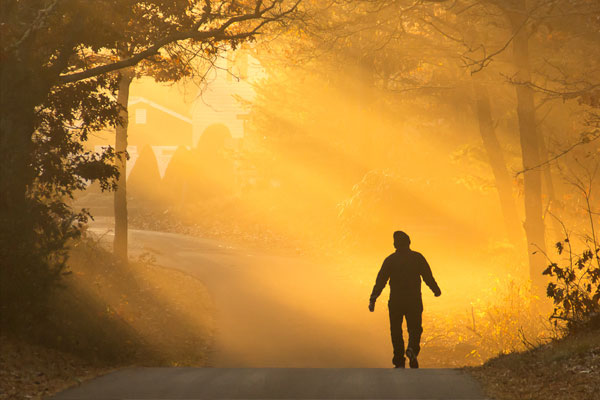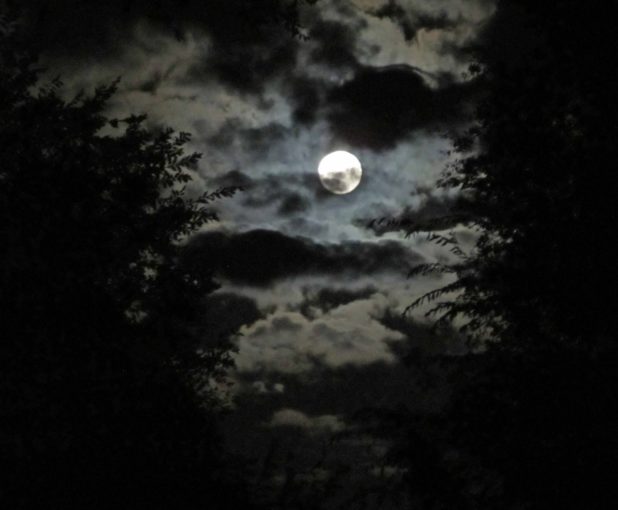Pomidor Quixote
Daily Stormer
November 8, 2019
Mornings are beautiful.
People should feel the morning light on their skin and wake up with the Sun. This thing we have now where digital clocks and artificial lights determine the sleep patterns of entire populations is not healthy.
Researchers looked into daylight saving time and its effects on the human body and they didn’t like what they found.
Daylight saving time is typically considered nothing more than an annoyance or simple fact of life as we “spring forward” and “fall back” each year. But, are these bi-annual adjustments to our internal clocks actually having a larger effect on our bodies than we realize? According to a new research piece conducted at the Vanderbilt University Medical Center in Nashville, Tennessee, the answer to that question is yes.
Over the course of our lives, daylight saving time greatly reduces the amount of bright morning light we experience. While this may sound trivial, morning light is essential for the synchronization of our biological clocks, and not getting enough is associated with increased risk of heart attack and ischemic stroke. In fact, researchers say these disruptions can literally change the structure of the core genes within our circadian clocks. Additionally, lack of bright morning light has been linked to partial sleep deprivation.
If you can take morning walks, take morning walks.
Seeing nature wake up with you, hearing the birds celebrate life and feeling the sun caressing your skin strengthens your connection with that which is closer to your origins than concrete and glowing screens.
The more you’re exposed to the forces of nature, the stronger this connection becomes and the closer you are to becoming a force of nature yourself.
You already have it in you. You just have to wake it up and remember.
Rise with the Sun.
During each and every daylight saving time switch, the average adult’s sleep duration shrinks by about 15-20 minutes. The study’s authors say this also increases the likelihood of any number of fatal accidents.
“People think the one-hour transition is no big deal, that they can get over this in a day, but what they don’t realize is their biological clock is out of sync,” says Dr. Beth Ann Malow, professor of Neurology and Pediatrics in the Sleep Disorders Division at Vanderbilt University Medical Center, in a release.
“It’s not one hour twice a year. It’s a misalignment of our biologic clocks for eight months of the year. When we talk about DST and the relationship to light, we are talking about profound impacts on the biological clock, which is a structure rooted in the brain. It impacts brain functions such as energy levels and alertness,” she adds.
The research team say they decided to publish their findings, a comprehensive overview of previous research performed on the subject, in an effort to encourage the abolishment of the practice altogether.
People are feeling tired, have less energy and are less alert and more prone to accidents, in exchange for what?
What do people gain from this?
Why not move jobs and school hours depending on the seasons and sunrise?
What does it matter if a gadget says it’s “morning” time if it’s clearly still nighttime?
“Good morning.”
 Daily Stormer The Most Censored Publication in History
Daily Stormer The Most Censored Publication in History






